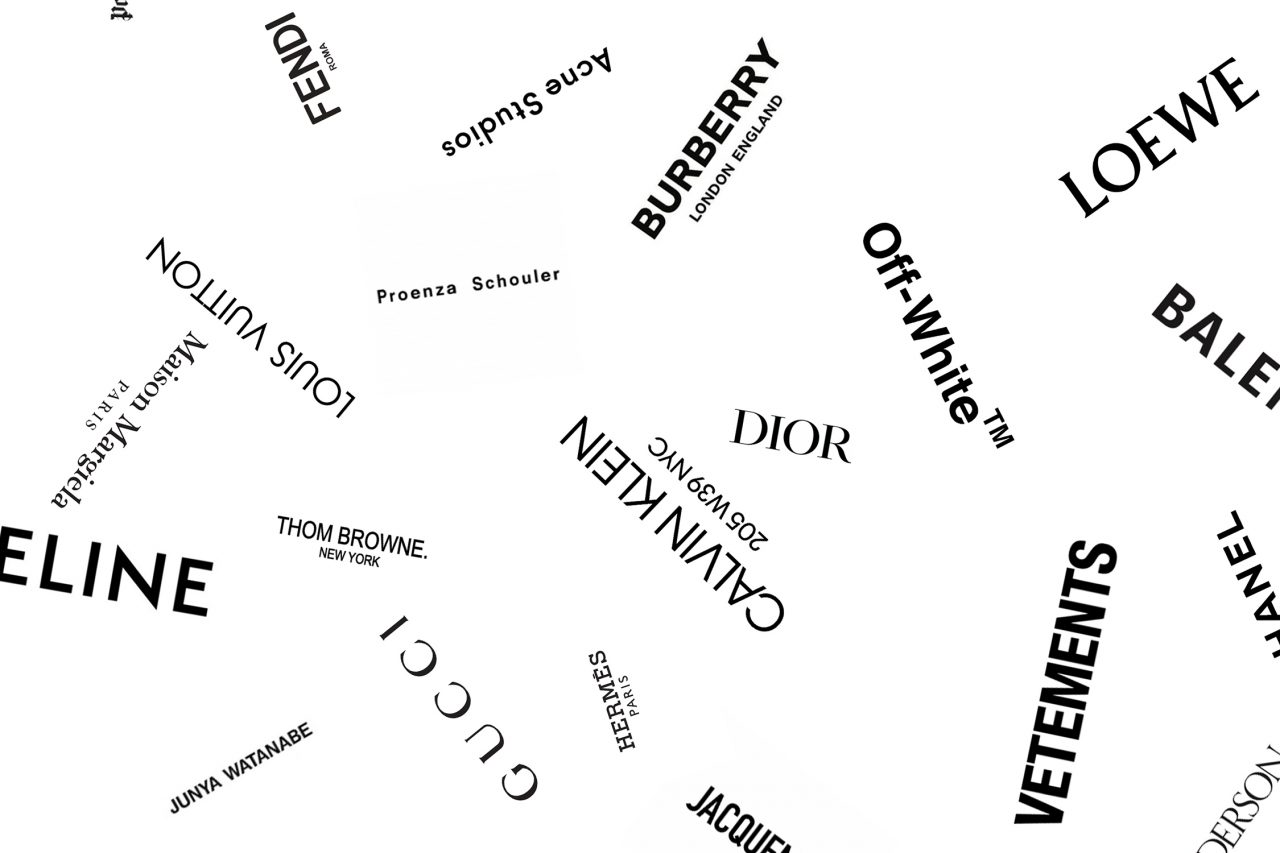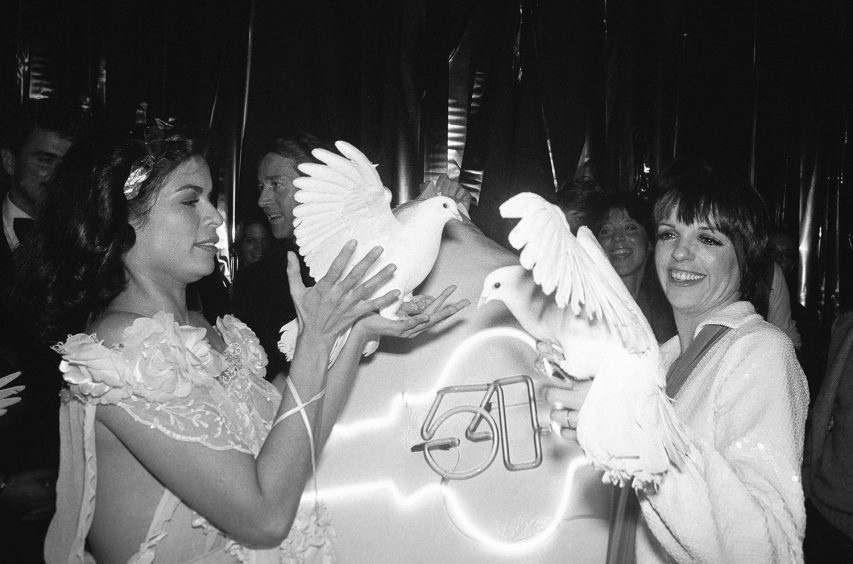Consumerism?
LET ME PUT THIS LIGHTLY
Consumerism means you are encouraged to think you should spend your life buying more and more things. This starts with marketing strategies that have one simple goal — the product needs to look like something you need, like something essential.
THAT IS SIMPLE ENOUGH TO UNDERSTAND AND ACCEPT
However, consumerism in 2019 doesn’t look like it used to in the 80’s. While the realm of possibly when it comes to advertising has extended to sizes no one in the 80’s could imagine, the average person buys three times more clothes than they did twenty years ago. Consumerism, both as marketing outlets and behaviour, is so deeply rooted in our society that most of the time we cannot even recognise we are being sold something. The lines between information, entertainment and the active promotion of products has been blurred so much you can’t even Google something without an ad for some product popping up somewhere. And seeing something enough times is sure to make you at least consider buying it, right?
Well, not really.
What will, however, make you want something is what is attached to it — it is you thinking it will make you look cooler, richer, make you stand out, what ever. The idea is that emulation is the core of 21st century consumerism, something the 80s could maybe see coming, but not to this degree. Narrowed down, this is very simple to understand and take apart, and understanding gives you power — power to separate what you really want from yet another fading trend.
Businesses have always targeted the upper class first, because what the rich like and use has always, sooner or later, spread down to all consumers, at least as a wish. Wanting to emulate those above you in social hierarchy is a general trend, it is simply something all of us do. Products can and often do speak of someone’s place of affluence but most times products that are this powerful are expensive. Those who cannot afford “the real deal” will still strive to look like those that can. Now, if you think this is too harsh and untrue or that businesses haven’t realised this just think about how many fake Balenciaga Speed trainers you’ve seen last year, not only in shops but on people’s feet. I mean, were all these people massive Balenciaga lovers, did they truly enjoy fashion, did they even like the shoes when they first saw them?
Everyone wants to imitate the rich and the rich just aim higher — they look at celebrities. Again, if you think businesses haven’t caught up to this just think of one celebrity you like and go on their Instagram account.
Leaving aside the environmental, economic and ethical damage this behaviour creates, is anyone an individual anymore? Can you steer away from fast—fashion and be appreciated for a look that is timeless?
It’s become cliché to say trends come and go and style is eternal — but clichés are clichés because they are true. Your style in the general sense, has nothing to do with fashion, nothing to do with the fashion you’re sold at the mall. What you wear should incorporate your sincerity and the changes that you make to your style should come about naturally over time, just as your actual self-identity cannot change on what is currently popular. Having an individualistic approach to style is about what you choose to wear but also about what you choose not to wear.
Products that are made to be timeless embody heritage, quality and are truly versatile. They are timeless both because you can never be considered unfashionable when wearing them and also because they can speak of many different individual styles with ease.
You won’t stop being encouraged to buy things, that isn’t something you can avoid. Thinking about where your wish to buy something came from and whether the wish is even yours is something you shouldn’t avoid.




